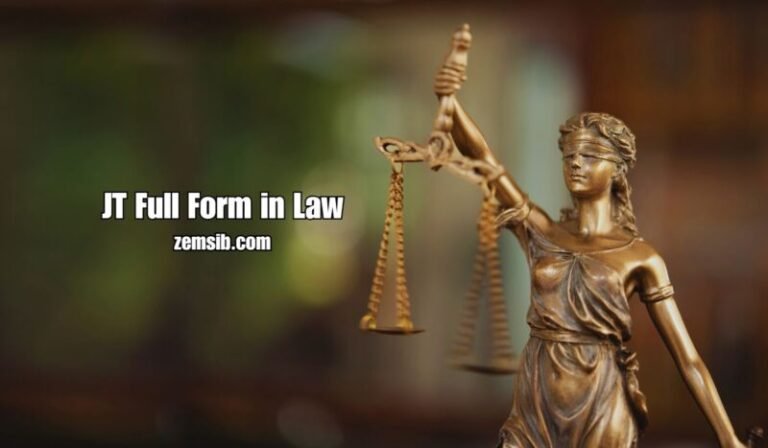If you’re wondering whether recording someone’s call and using it as evidence in court is legal in India, you’re not alone. Many people have concerns about the legality of such actions and want to avoid potential legal troubles. The short answer is that yes, it is generally legal to record a phone call in India, but there are specific situations where caution is advised. In this article, we will explore the laws governing call recording in India, discuss when you can legally record calls, and examine the admissibility of such recordings in court.
What the Laws Say About Recording Calls in India
The legal framework surrounding call recording in India is not straightforward. There is no singular law that governs the recording of conversations; instead, it is a combination of various laws and rights. Under the Information Technology Act of 2000, call recordings are considered digital records. This law aims to ensure the authenticity of digital evidence and provides mechanisms for verifying the truth of digital communications.
Additionally, the government holds the authority to conduct surveillance for public safety and in emergencies, which adds a layer of complexity to the issue. While individuals have the right to record conversations, these rights can intersect with governmental powers, creating a gray area regarding legality and privacy.
When Can You Record Calls Without Asking for Consent?
In India, you can record a call with or without the other party’s consent, but there are critical nuances to consider. The legality hinges on the intent behind the recording and its use afterward. For example, using a call recording to harm or blackmail someone constitutes illegal activity. Thus, while you can technically record a conversation, it is essential to ensure that your actions do not infringe on another person’s privacy rights or lead to malicious outcomes.
Using Call Recordings in Court
Call recordings can be admissible as evidence in court under specific conditions. For a recording to be accepted, it must be authentic, unaltered, and relevant to the case. While this may sound stringent, adhering to these standards can make a call recording a powerful tool in legal proceedings. Courts look for credibility in evidence, and maintaining the integrity of the recording is paramount.
Privacy Considerations and Recording Calls
The right to privacy is enshrined in Article 21 of the Indian Constitution, providing citizens with a fundamental right to personal privacy. However, recording calls without permission can potentially violate this right. It’s crucial to understand that the right to privacy is not absolute; it can be waived in situations that serve the larger public interest, such as national security or public safety.
Indian courts have acknowledged the importance of privacy rights while also laying down guidelines for lawful call recording. Significant cases, such as R.M. Malkani v. State of Maharashtra, have clarified the circumstances under which recorded conversations can serve as legal evidence. The ruling emphasized the need for lawful usage of such recordings. Similarly, in PUCL v. UOI, the Supreme Court established guidelines that prioritize privacy, with exceptions made for national security matters.
Noteworthy Court Cases
Several landmark decisions have shaped the legal landscape of call recording in India. For instance, the Supreme Court, in R.M. Malkani v. State of Maharashtra, defined the parameters for the admissibility of recorded conversations as evidence. Additionally, the guidelines framed in PUCL v. UOI emphasized the need to protect privacy while allowing for exceptions in cases of public interest. Compared to stringent laws like the General Data Protection Regulation (GDPR) in Europe, India’s approach to call recording is more lenient, highlighting the need for more comprehensive regulations in the future.
Tips for Recording Calls the Right Way
To navigate the complexities of call recording legally, it’s advisable to maintain transparency. Always communicate your intent to record and ensure compliance with relevant laws governing the use and storage of these recordings. This approach minimizes the risk of legal issues and potential grievances related to privacy invasion.
Final Thoughts
In conclusion, the question of Is Call Recording Legal in India? can be answered with a nuanced perspective. While there are no outright prohibitions against recording phone calls, various laws and privacy rights come into play. As society evolves and technology advances, we may witness changes in legislation regarding call recording. Staying informed about your rights and responsibilities will help you navigate this legal landscape effectively.











